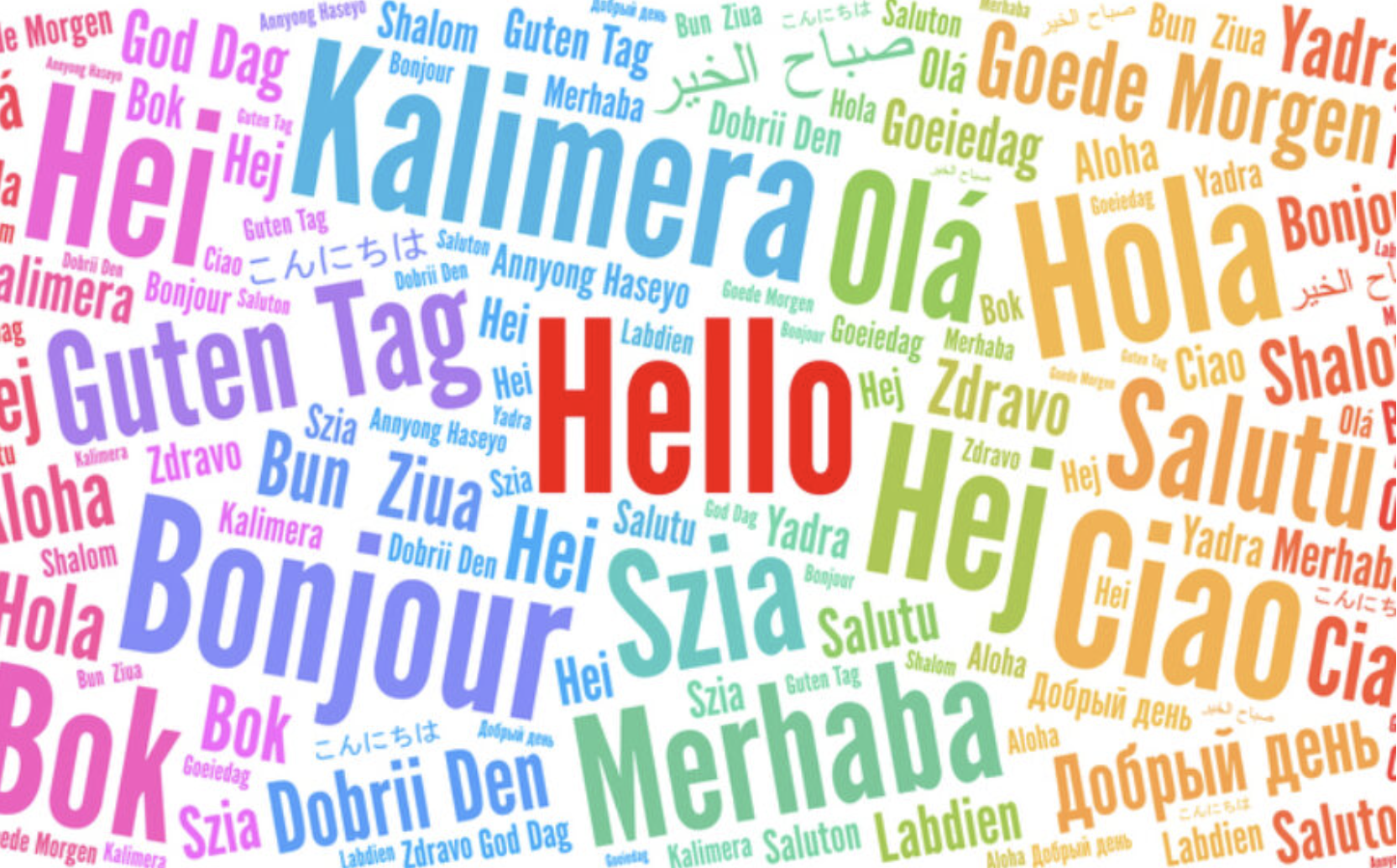From Linda Priestley, Editor-in-Chief
Do you speak French, Spanish, or Cree? Intrigued by how learning a language affects the brain, neurologists have been studying this topic for many years. They have found that neurons in the brain are stimulated the instant we hear our parents speak or we say “mommy” or “daddy” for the first time. Neurons are champions when it comes to storing information and supporting memory. A single word learned is enough to affect the brain’s plasticity, improving its performance. Mastering one language does all that. Imagine the benefits of learning a second, a third, or even more.
Bilingualism also interests researchers because it presumes that two different codes are being integrated. What do speaking, writing, thinking, and even dreaming in English and French or in Italian and Spanish do to the brain? A recent study conducted in Germany involving hundreds of people aged 59 to 76 showed that those who routinely used two languages between the ages of 13 and 30 or between 30 and 65 scored higher on language, memory, concentration, attention, and decision-making tests.
In addition, the study found, bilingualism helps protect the brain from dementia. To explain this phenomenon, Viorica Marian, a Moldovan-born American psycholinguist who is also fluent in Romanian and Russian and is the author of The Power of Language, compares the brain’s synapses to bridges. Imagine, she writes on the British website phys.org, someone who takes the same bridge every day to get home and finds one day that it has collapsed; if they are able to take a different bridge, they can continue on their way.
It’s the same with the brain: if some deterioration occurs (due to age, trauma, or something else), a person who is used to switching between two languages will more easily find another way to think.
If you are unilingual but have always wanted to learn another language, you’ll be encouraged to hear that it’s never too late to build bridges. To Lise, an 88-year-old Good Times reader and aspiring German speaker, we offer the words of Esti Blanco-Elorrieta, a language researcher at Harvard University. In a New York Times interview, she stated that the advantage of bilingualism is related not so much to cognitive faculties as it is to the ability to communicate with another culture and have two ways of seeing the world. Viel Glück! (Good luck!)
If you’re thinking about learning a new language, apps such as babel or Duolingo are a good place to start. the ideal approach is to combine these methods with college or university classes, which help to increase understanding and offer the chance to socialize and communicate with others using the language you want to learn. the ultimate method is an immersive experience such as travel. Now that will stimulate your neurons!






